Did you know that many words for animals, food, and even medicine come from indigenous languages?
The indigenous peoples of North and South America have lived on this land for about 30,000 years. Over the centuries, tribes in North America alone spoke as many as 500 languages. You’ll be amazed at some of these words from Native American languages.
1. Hurricane

The word for a severe tropical storm originated in the Taino language. The Taino, now extinct, lived in the Caribbean as a subset of the Arawakan people. You’ll see in this list that many English words trace their roots to Arawakan languages.
2. Jerky

“Jerky,” a term for dried, edible meat, came into English originally from the Quechua language. Quechua is the historic language of the Inca in what is now Peru. It’s one of the words that might surprise you. Jerky sounds like a made-up, commercial word that’s purely English in origin.
3. Skunk

Not surprisingly, the English word skunk has stinky origins. The New England Algonquian people named this small mammal after the words “fox” and “to urinate.” Both foxes and animal urine have a certain unmistakable stench – a very fitting name for this beast.
4. Ipecac
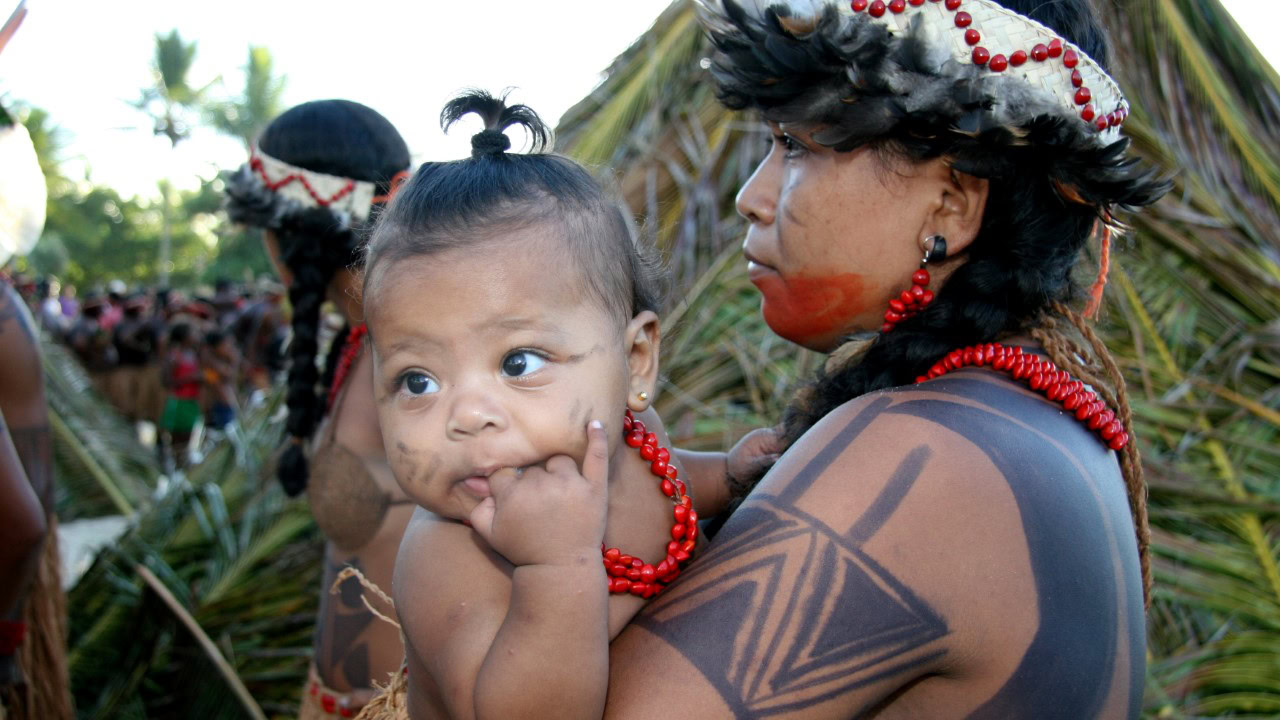
You might know “ipecac” as a laxative drug. Well, it’s an extract from tropical American plants in the Madder family. The word comes from the Amazonian language of Tupi and means “duck p***s.” This is likely due to the appearance of the dried root that is used.
5. Bayou
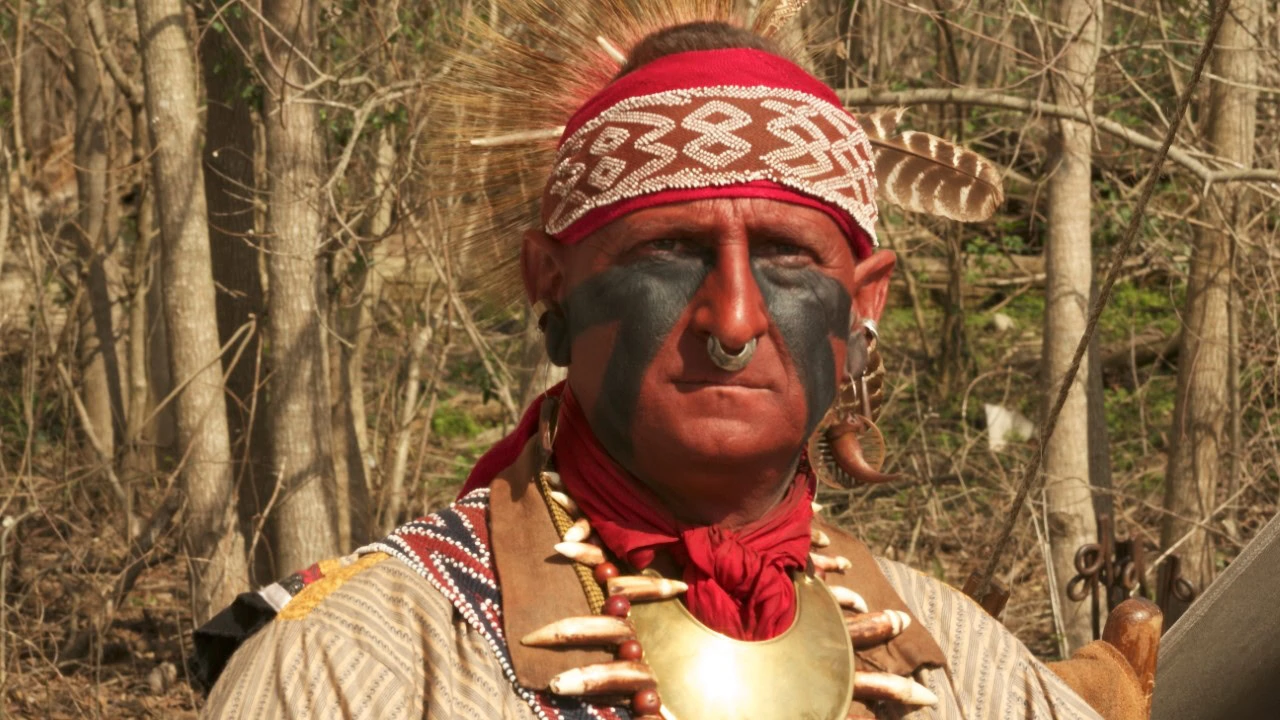
This word for a swampy, slow-moving section of river or creek comes from the Choctaw tribe. Historically, the Choctaws lived in what are now the southern American states of Louisiana, Mississippi, and Alabama. The original Choctaw word was ”bayuk.”
6. Raccoon
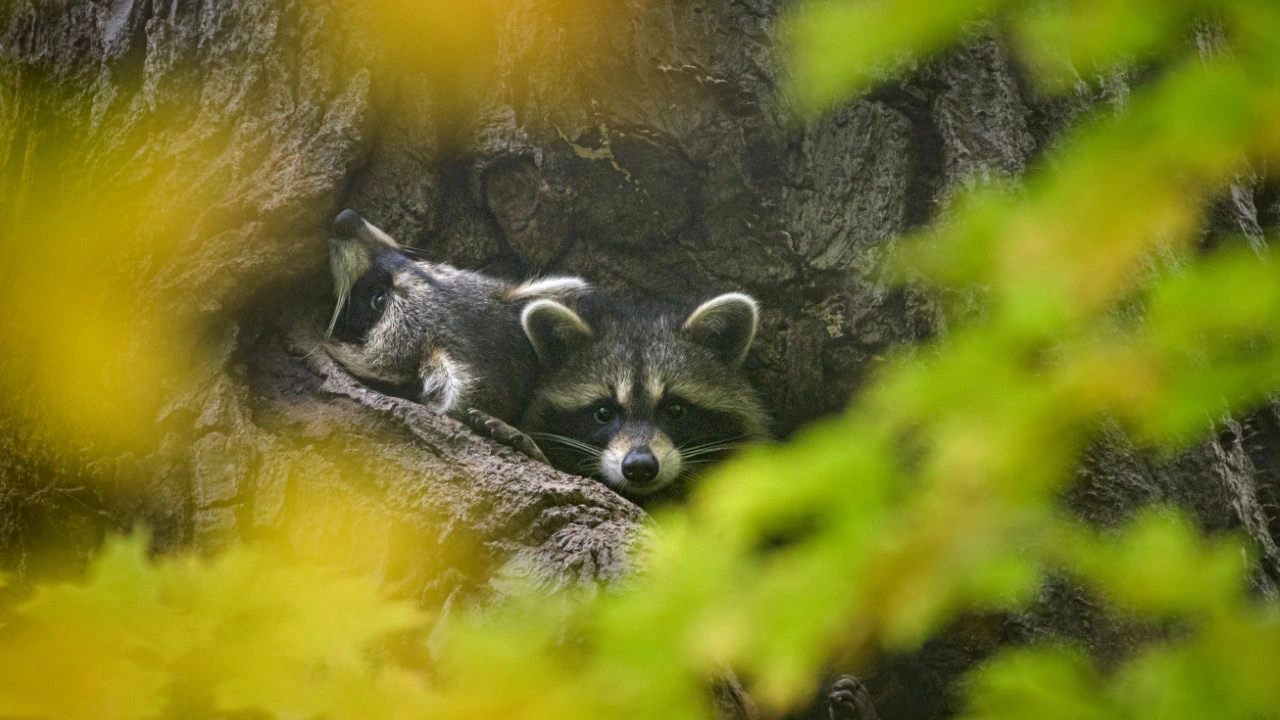
No joke, this Algonquian word means “He who scratches with his hands.” Algonquian was a group of languages historically very widespread in North America. If you’ve ever seen them, raccoon prints look very similar to human handprints.
7. Hickory

This tree native to North America owes its name to “powcohiccora,” another Algonquian word. It means “food prepared from pounded nuts.” It’s interesting that it’s been shortened. Maybe English speakers had less tolerance for a mouthful.
8. Woodchuck
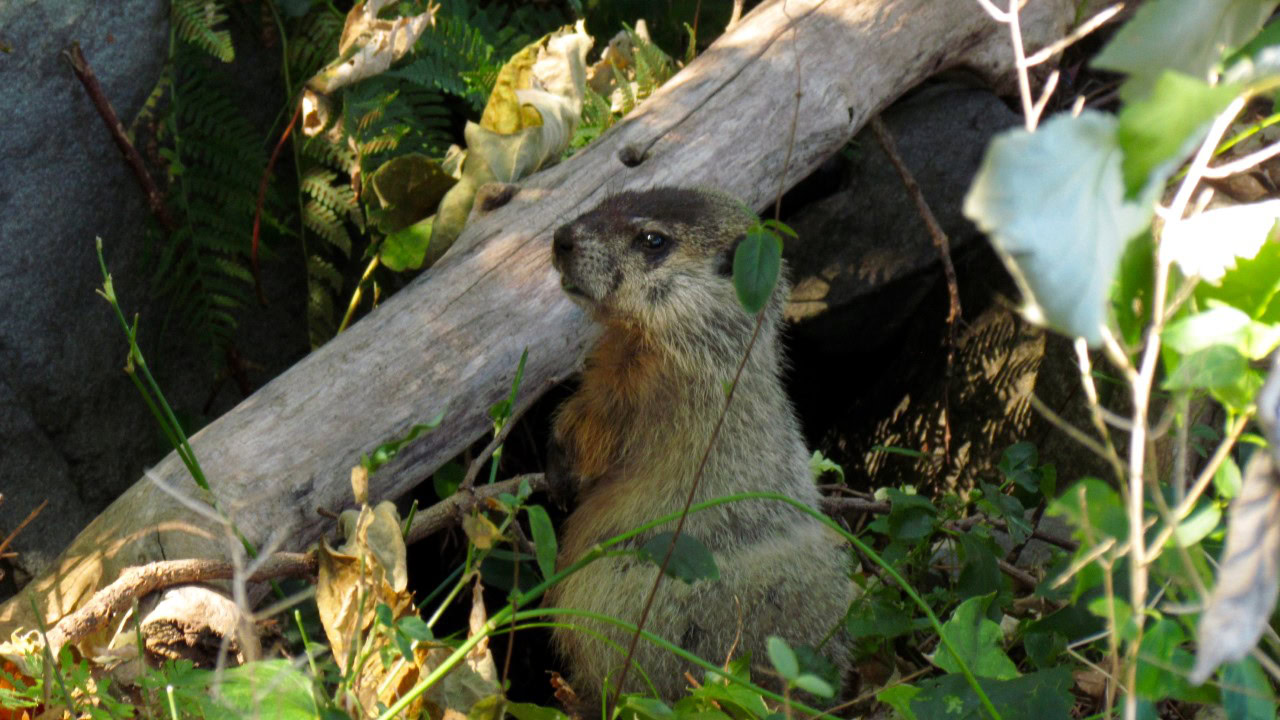
The Cree of the central Canadian and Montanian plains and the Ojibwa of Lake Superior both called the fuzzy rodent “woodchuck.” Woodchucks are also known as groundhogs or whistle pigs.
9. Cashew

This hearty nut is named from the Tupi Amazonian language. The original term for the cashew tree in Tupi is “acajuba”. It was then shortened to “acaju.” Many of these words were shortened on their journey into today’s English.
10. Tapir

This name of the South American mammal comes straight from Tupi, the primary language of the Amazon. Many other words from Tupi made it into English via Portuguese, the main language of conquerors and settlers in what is now Brazil.
11. Cigar
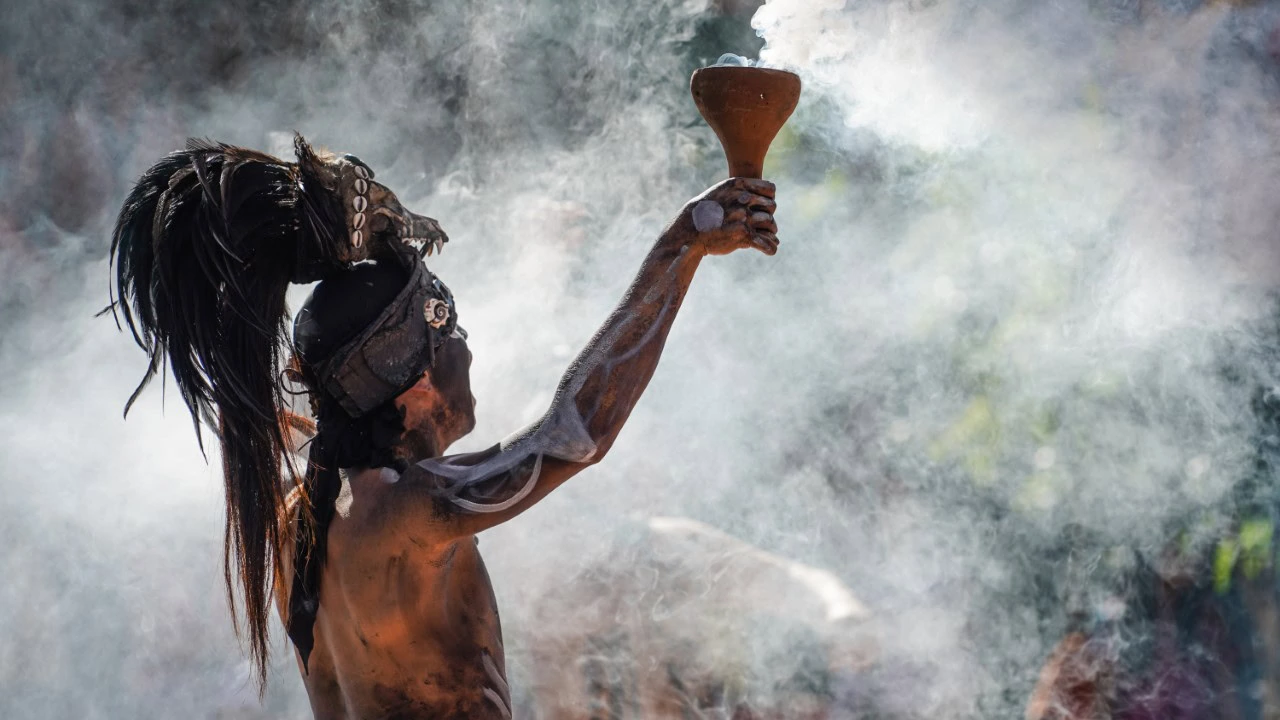
Like many of these words, the word cigar entered English through a Romance language. The Romance languages include Spanish, French, and Portuguese – often the language of settlers. In this case, the Mayan word “sikar” was first adopted into Spanish by settlers and then made its way into English.
12. Chipmunk
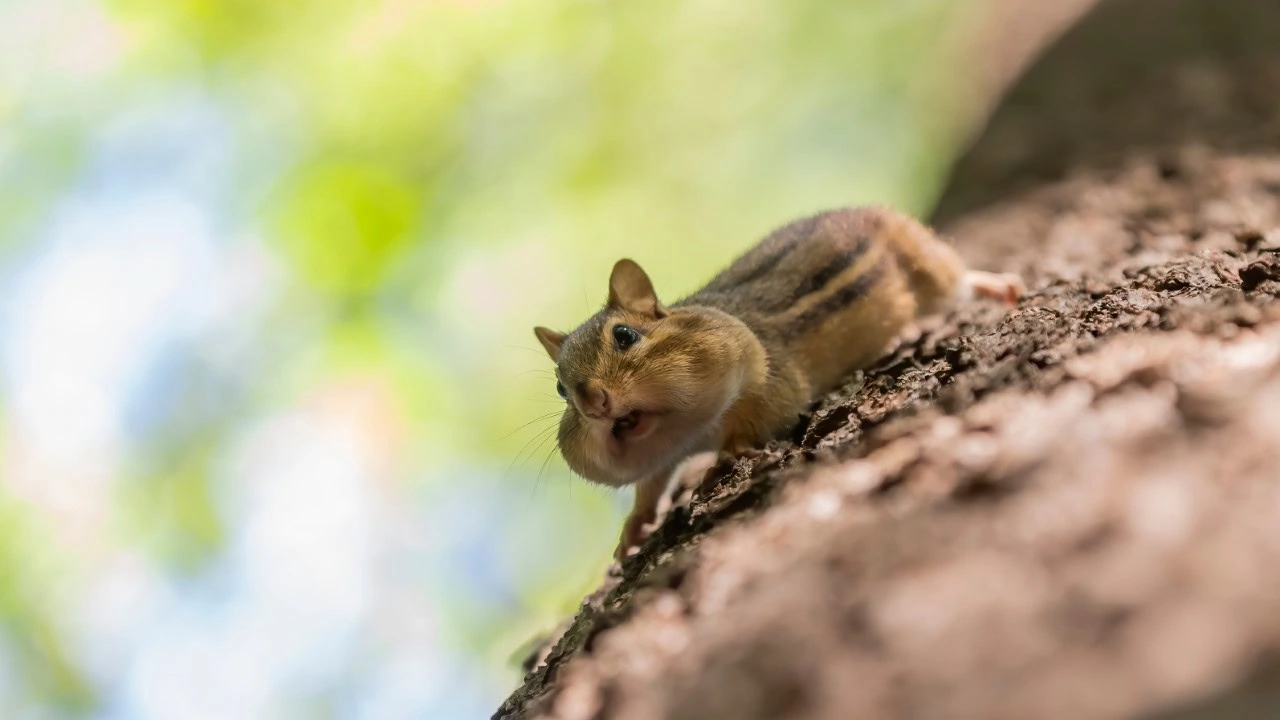
The name chipmunk comes from Ojibwa “ajidamoonh”, which means “one who descends trees head first.” It includes the term “ajid” for “upside down.”
Try saying “ajidamoonh” slowly to hear how its major sounds were adopted in English. The biggest difference is the replacement of the Ojibwa “d” with the English “p.”
13. Coyote

The name for this predatory mammal comes from the Mexican Nahuatl word “coyōtl.” Interestingly, the modern-day pronunciation “coyotee” is more like the original indigenous word than the shortened “coyot.”
In the American Northeast, the pronunciation “Coyotee” is prevalent, whereas in the American plains, the term is often shortened to “coyot.”
14. Guano

Yes, this word typically used for bat poop originally comes from the Inca (Quechua) word for dung. This word, like many others, was initially adopted into Spanish.
15. Squash
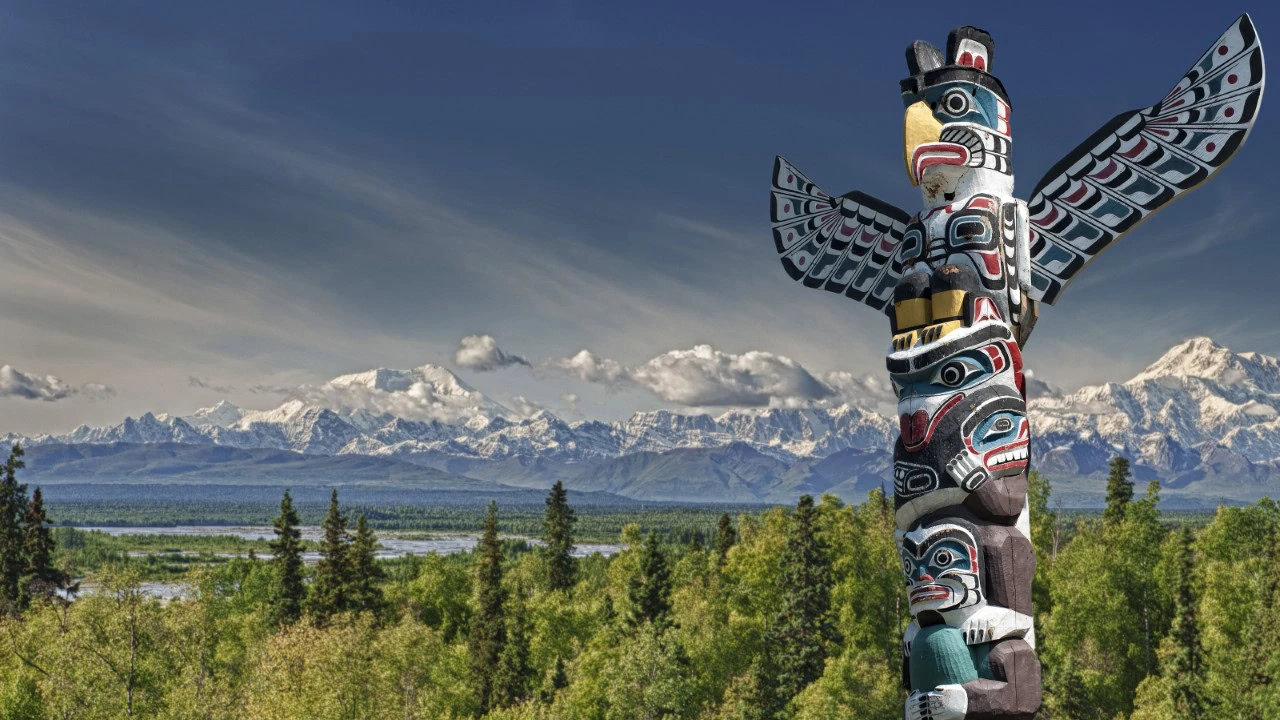
The English word “squash” comes from an Algonquian word for “the things that may be eaten raw.” Apparently, tastes change drastically. These days, squash is typically cooked very soft and flavored with salt or sugar but never eaten raw.
16. Canoe
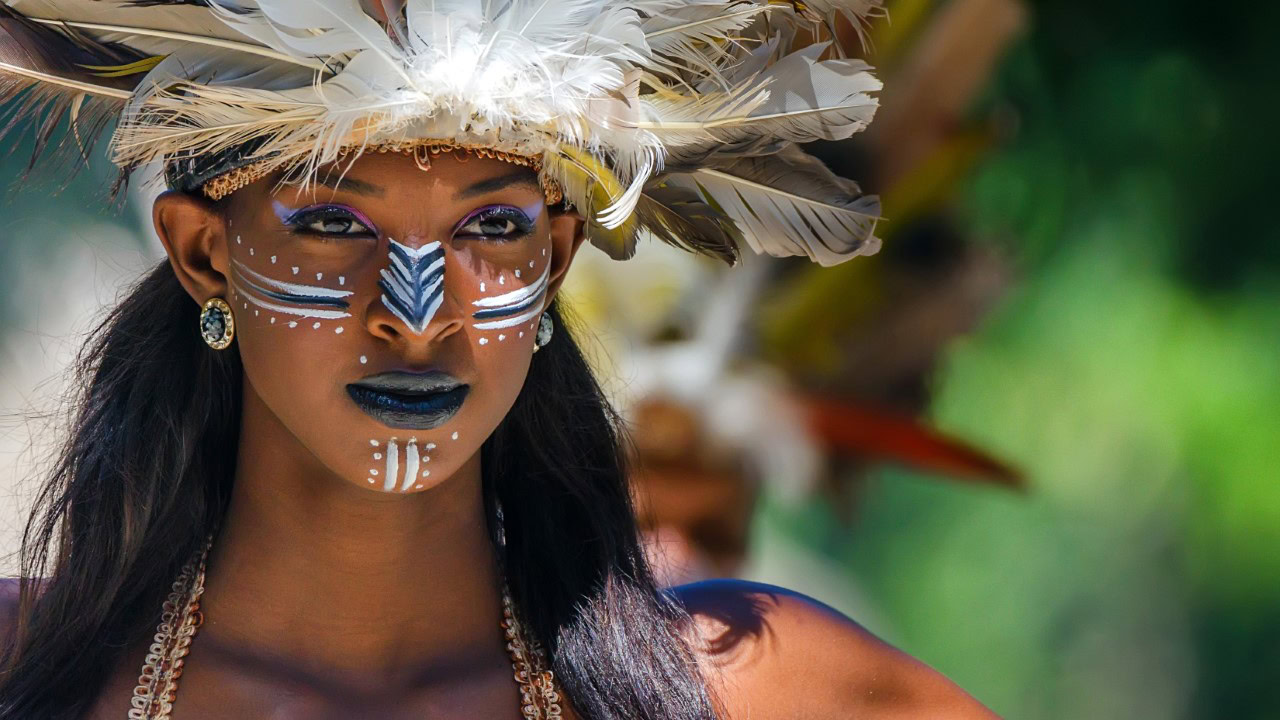
Here’s another word from the Caribbean Islands, specifically from the Arawakan people. Note that this is the only word we know of from an indigenous language that is used as a verb in English. You might say that about the word “caucus,” but that word’s usage and origins remain more uncertain.
17. Tomato
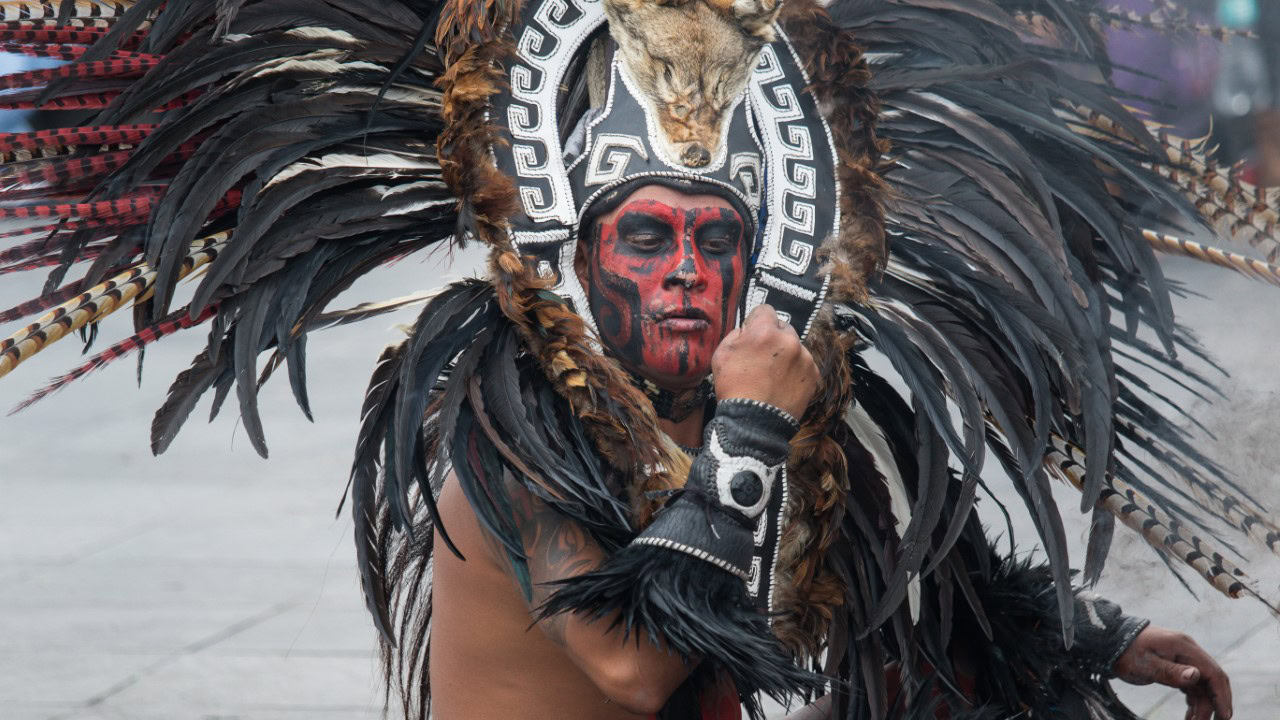
This is another Nahuatl word. Nahuatl languages are still spoken by as many as 1.5 million people. They live mainly in Central Mexico. Indigenous peoples of Central and South America have enjoyed tomatoes for eons.
18. Chocolate
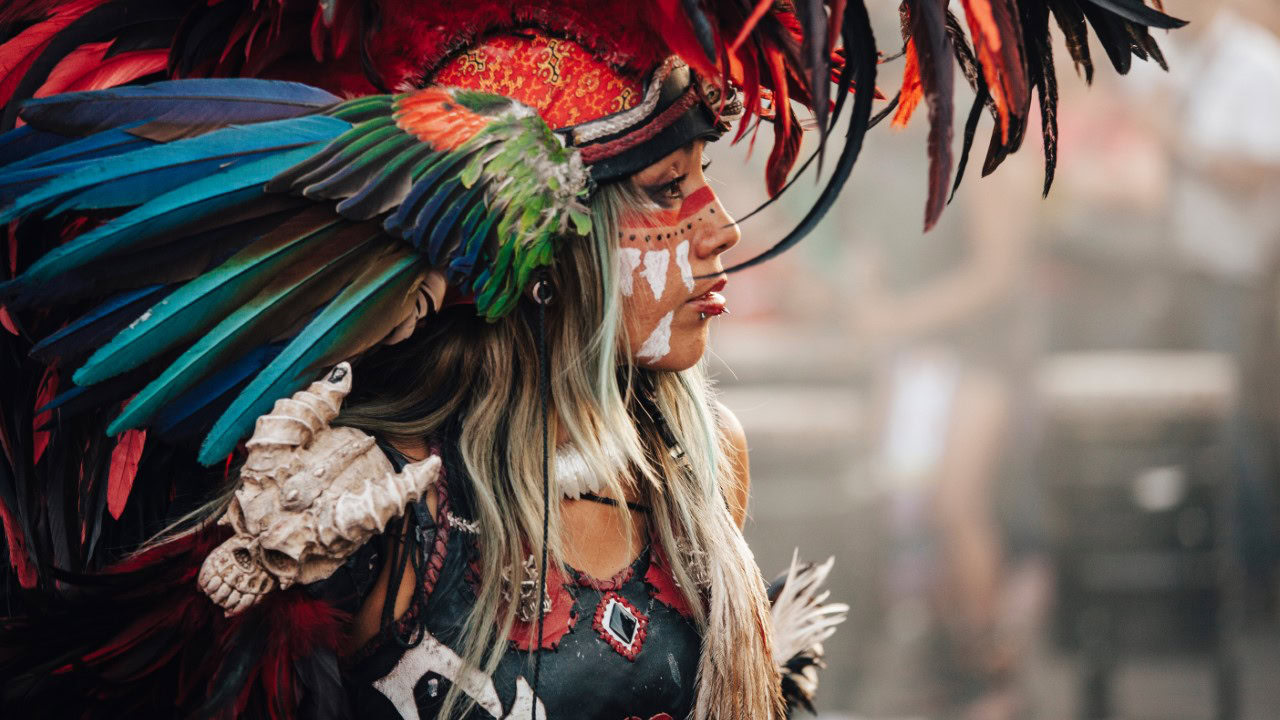
Yes, chocolate! This is perhaps the most well-known word whose roots you did not know. It comes from the Nahuatl (Aztec) “chocola-tl.” This has been made as a drink with water or milk for centuries. It became popular in Europe about 300 years ago. The word has entered many languages, almost unchanged from the original.
19. Caucus
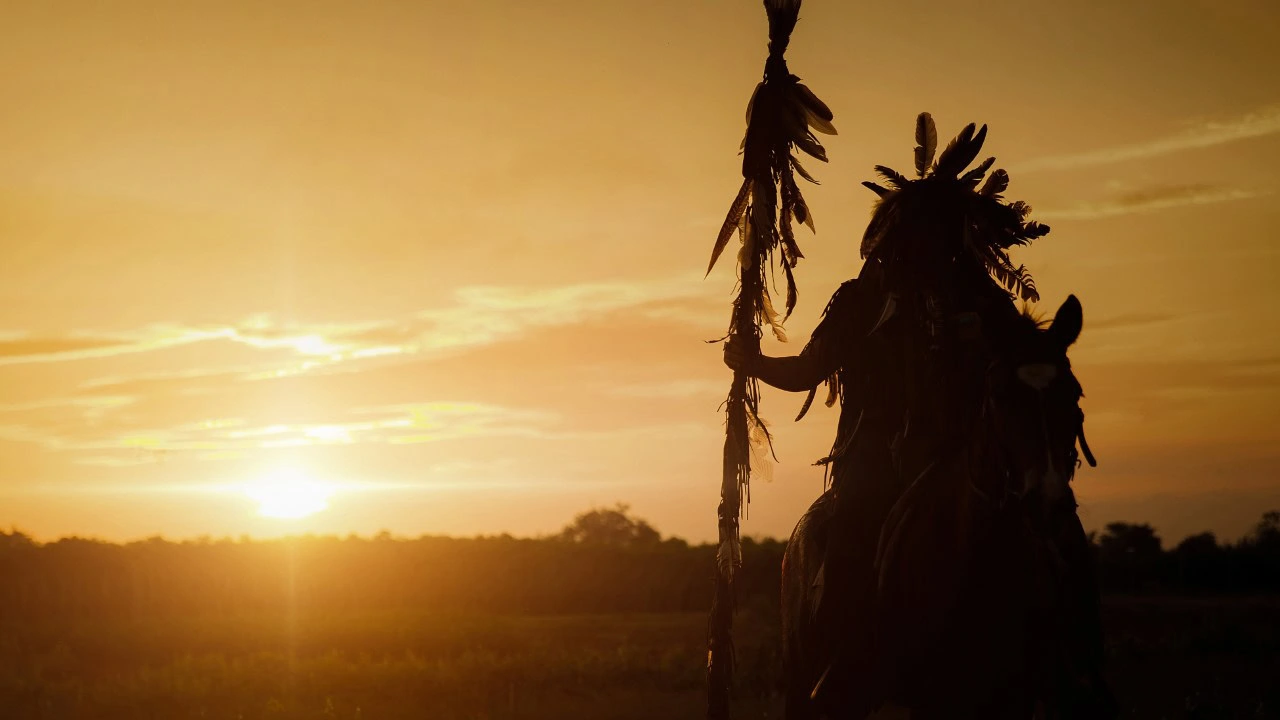
Caucus is another word that might surprise you. It is disputed, its origins foggy, but certain scholars say it comes from the Algonquian word for a group of elders or advisers. Today, it typically means a political process to elect a leader. As you can see, most of these words with Native American origins are pretty faithful to their original meaning.
20. Hammock
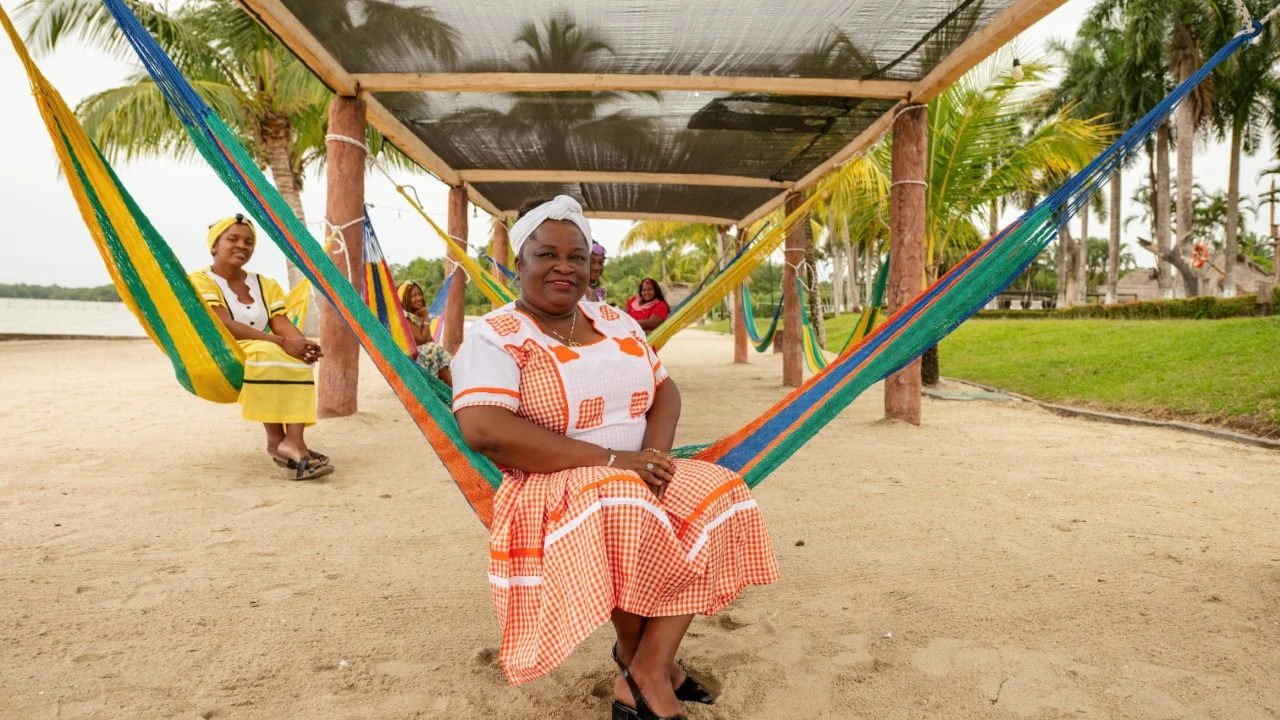
Another Caribbean Arawakan word, this one originated in Haiti. Originally it meant “fish nets.” Not hard to imagine, although who knew they’d be so comfortable to nap in…
We hope you’ve enjoyed this list of surprising words from Native American languages. If you’re interested in learning more, try using the term “etymology” in your research. It will unlock the deep origins of any word you’re curious about.
Read Next: 19 Old-Fashioned Words We Should Bring Back

Go back in time with these delightful old-fashioned words from our grandparents and great-grandparents. Are there any that you recognize?
Read Now: 19 Old-Fashioned Words We Should Bring Back
Read Next: 18 Things Non-Americans Love About US Culture

There are several reasons why people want to visit or perhaps live in the US. Here are the most-loved elements of US culture.
Read Now: 18 Things Non-Americans Love About US Culture
Read Next: 14 Must-Watch Movies That Explore America’s Trials and Triumphs

Bring the nation’s epic saga to life on the big screen.
Read Now: 14 Must-Watch Movies That Explore America’s Trials and Triumphs
Caitriona Maria is an education writer and founder of TPR Teaching, crafting inspiring pieces that promote the importance of developing new skills. For 7 years, she has been committed to providing students with the best learning opportunities possible, both domestically and abroad. Dedicated to unlocking students' potential, Caitriona has taught English in several countries and continues to explore new cultures through her travels.
